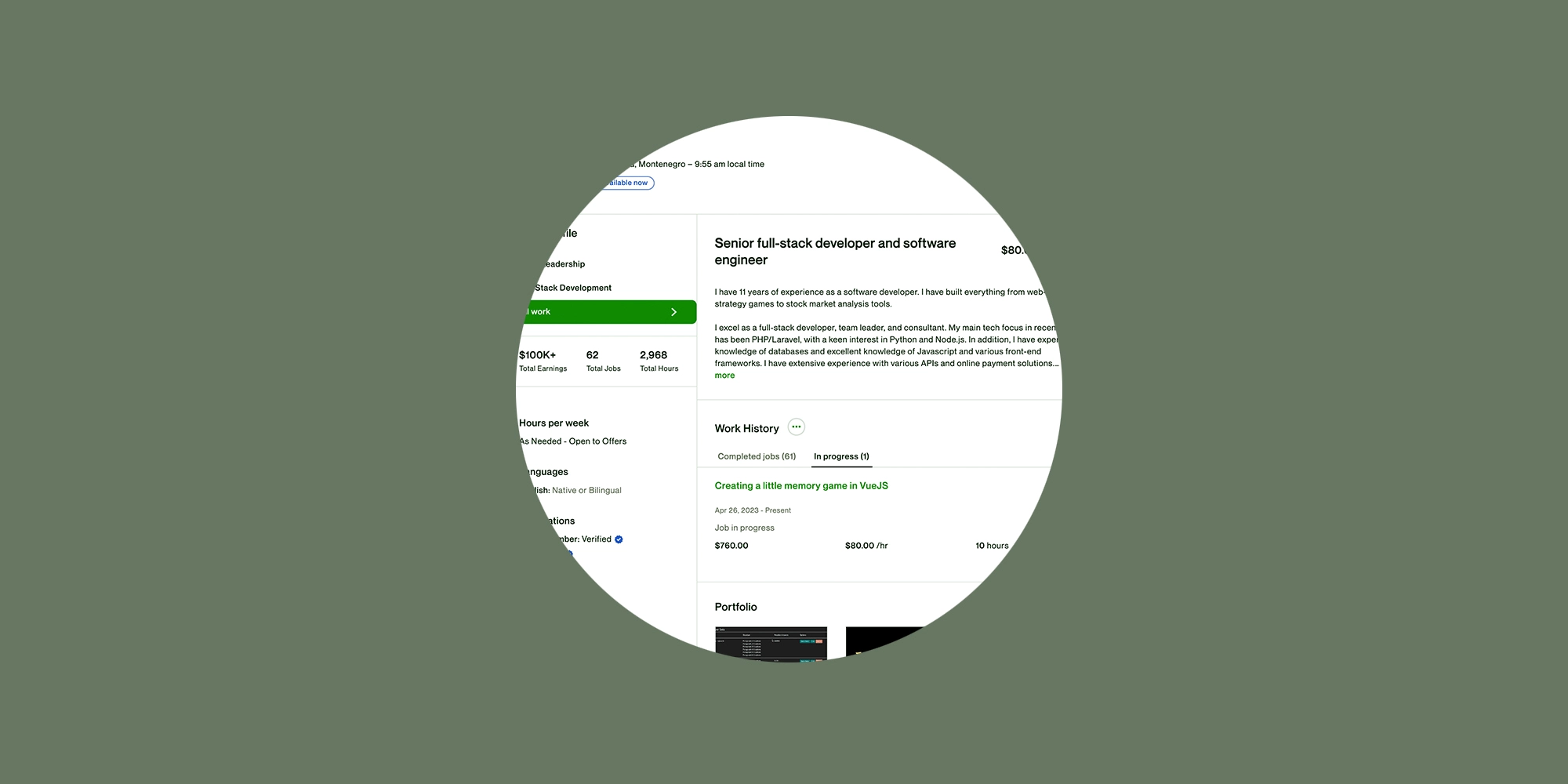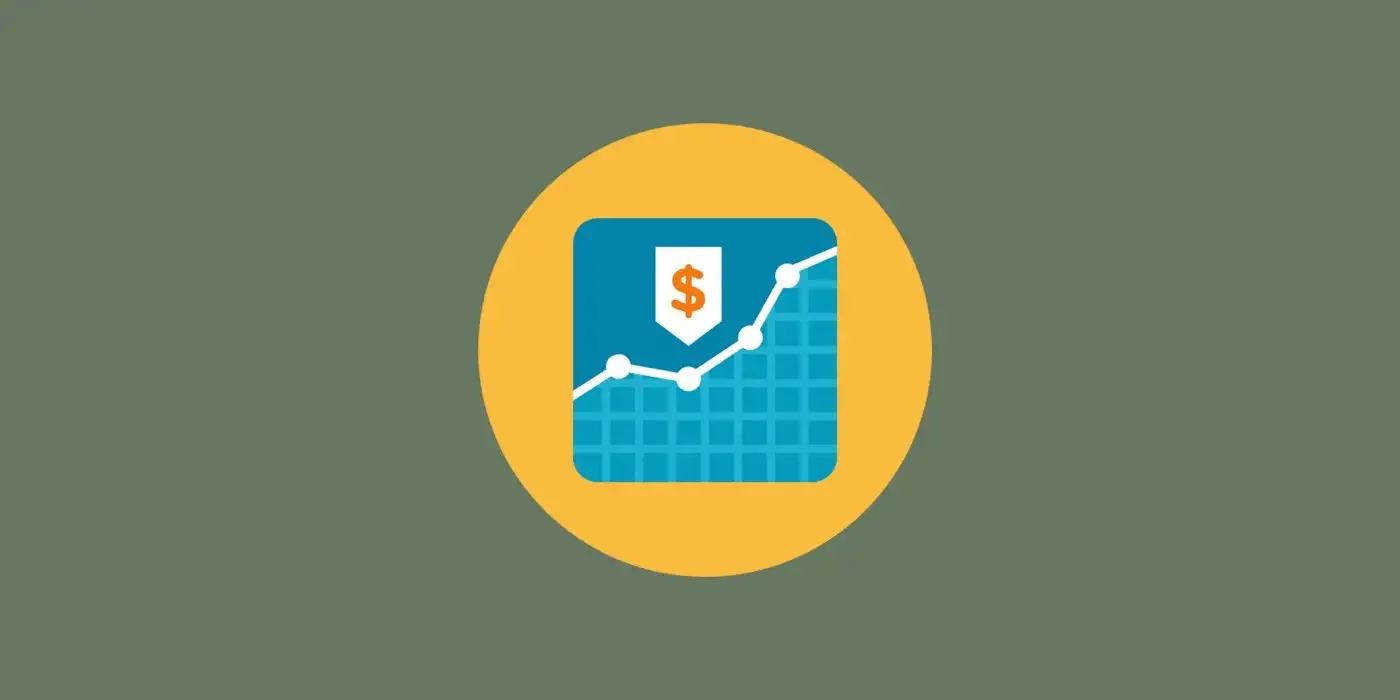
I remember the early days of my career when almost every month was better than the previous one. I never stopped to question how long I could keep this up. My rates were growing, the number of offers in my inbox was growing, my network was growing…and my ego was growing.
But, growth never remains linear forever. Eventually, you reach a plateau and you have to put in a ton of effort to break through. The same is true in sports, weightlifting, and business.
When freelancers reach that plateau, they often become frustrated. But, frustration doesn’t help. To break through a plateau, we need to understand what’s holding us back and focus our attention accordingly.
Freelance businesses usually stop growing for these four reasons:
- Lack of direction.
- Underselling.
- Unreliable lead generation.
- Lack of desire to grow.
Let’s take a deeper look at all four and help you break through that plateau.
You lack direction
There are  5 Ways To Transform Your Freelance Work Into a Scalable Businessmany ways to scale a freelance business. As freelancers, we are spoiled for choice: we can start an agency, build side projects, outsource, recruit, consult, create content, teach others, diversify our skills, or narrow in on the most profitable niche in our industry.
5 Ways To Transform Your Freelance Work Into a Scalable Businessmany ways to scale a freelance business. As freelancers, we are spoiled for choice: we can start an agency, build side projects, outsource, recruit, consult, create content, teach others, diversify our skills, or narrow in on the most profitable niche in our industry.
This wealth of choice can sometimes be paralyzing, especially when you hear conflicting advice.
“Start an agency.”
“Don’t start an agency.”
“Focus on passive income.”
“There’s no such thing as passive income.”
“Diversify.”
“Niche down.”
So you end up moving a bit in one direction and a bit in another, and this can go on for years before you realize you haven’t really been moving at all.
Make a deliberate decision about the direction(s) you want to go in and stick to it. My focus is freeing up my time through investments, content creation, and, ultimately, passive income. Once you decide on your path, you must have the fortitude to forego other paths. For example, I chose not to  Why I Chose Not To Start a Web Development Agencystart an agency.
Why I Chose Not To Start a Web Development Agencystart an agency.
You’re underselling yourself
Most people who ask me to review their  How To Optimize Your Upwork ProfileUpwork profiles have ridiculously low hourly rates. The same applies to most freelancers I’ve talked to off Upwork - developers, designers, and writers alike.
How To Optimize Your Upwork ProfileUpwork profiles have ridiculously low hourly rates. The same applies to most freelancers I’ve talked to off Upwork - developers, designers, and writers alike.
They think a low rate signals to clients that they’re getting a great deal. In reality, it signals that you have no confidence in your skills.
Most limits are self-imposed. Sure, there are industry standards and there are the local standards of your country. But none of this matters if you  How To Double Your Rate as a Freelance Writerget your positioning right.
How To Double Your Rate as a Freelance Writerget your positioning right.
Your lead generation is unreliable
How do you  Should You Use Local Outreach To Find Freelance Clients: Pros and Consfind clients? How do clients find you?
Should You Use Local Outreach To Find Freelance Clients: Pros and Consfind clients? How do clients find you?
Take a moment to answer these two questions. You should have a clear and consistent answer to at least one. Ideally, both.
Take me for example. My web development clients find me  90% of My Freelance Work Comes From Recurring Clients and Referralsmainly through referrals. My writing clients find me mainly through my writing (on this blog, Medium, and Twitter).
90% of My Freelance Work Comes From Recurring Clients and Referralsmainly through referrals. My writing clients find me mainly through my writing (on this blog, Medium, and Twitter).
When I look for web development clients (which I rarely do anymore) I usually use Upwork. When I look for writing clients, I usually use cold email and DMs.
If your current client acquisition channels aren’t working, fiddle and experiment until something clicks. Then focus on that. Implement systems that allow you to track performance. Iterate on what works. Discard what doesn’t.
Like in my example above, you may find that one approach works best in one industry (like web development) and a different approach works best in another industry (like writing).
You don’t really want to grow
Some freelancers are happy where they are. They enjoy the flexibility and freedom that freelancing brings, and don’t want to change a thing.
But, these freelancers sometimes succumb to pressure and go in a direction they don’t really want. Maybe they have surplus clients, so they decide to do what everyone expects and start an agency. Maybe a client asks them to become a cofounder at their startup and they find themselves unable to say no. So, before they know it, they’re working 70-hour weeks and all that precious work-life balance is gone.
I could go on for pages. Fear of missing out is a massive problem. Peer pressure is another. Social media amplifies both these problems until you can’t tell the difference between what you want and what you’re supposed to want.
Before you make a decision that will set your trajectory for the next couple of years, think hard about what it entails. If you’re happy where you are, that’s fine (although you should still probably  Avoiding Single Points of Failure: The Key to Surviving as a Solopreneuravoid single points of failure).
Avoiding Single Points of Failure: The Key to Surviving as a Solopreneuravoid single points of failure).
My experience
I’ve fiddled with every growth strategy there is, with mixed results.
I bootstrapped two startups. I  How I Built, Promoted, and Sold a Product with No Investments and No Marketing Budgetsold one company and wasted a few months on the other. I have stock investments. I’ve recorded a course, written a book, built an audience, outsourced work, and started a newsletter.
How I Built, Promoted, and Sold a Product with No Investments and No Marketing Budgetsold one company and wasted a few months on the other. I have stock investments. I’ve recorded a course, written a book, built an audience, outsourced work, and started a newsletter.
This works for me because I like to experiment. I use the  How To Avoid Burnout as a Freelancer: The 70-30 Rule70-30 rule of freelancing to divide my time between freelance work and other pursuits.
How To Avoid Burnout as a Freelancer: The 70-30 Rule70-30 rule of freelancing to divide my time between freelance work and other pursuits.
Right now, my focus is mostly on writing. This blog and my newsletter might take years before they become profitable, but that’s OK. With consistency and quality, success is guaranteed.
I can’t tell you exactly what to do, but I hope this article will help you find the right path for you.
Don't miss the next blog post!
I publish a new blog post every Wednesday. Join the newsletter to get:
- One valuable email a week.
- Zero spam.
- Exclusive content not found in the blog.
- Reply directly to me with questions or feedback.
Use the form at the bottom of this pageon the right to join the newsletter.


